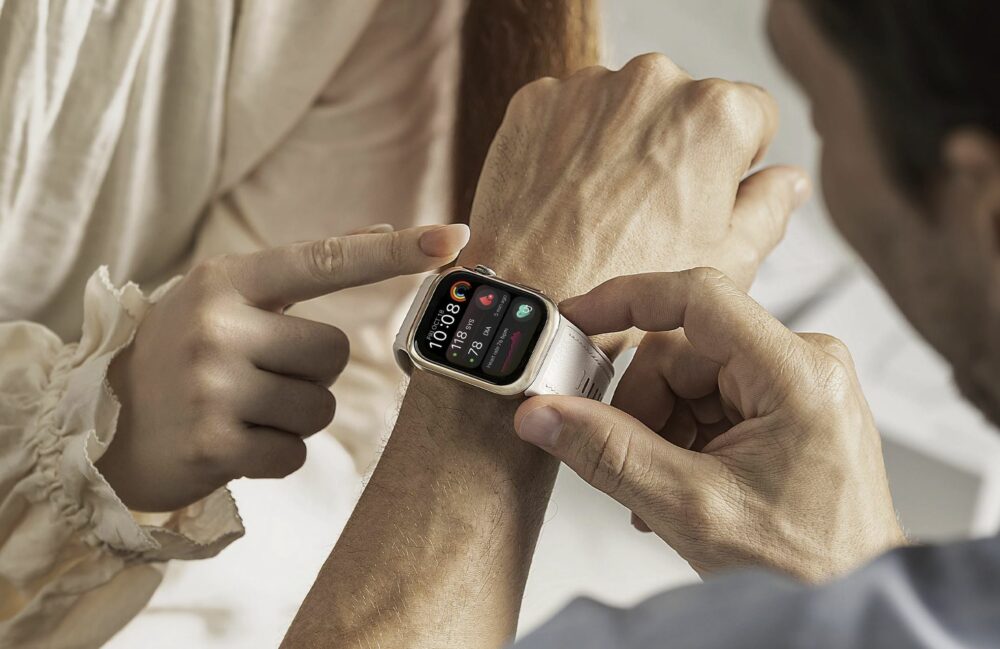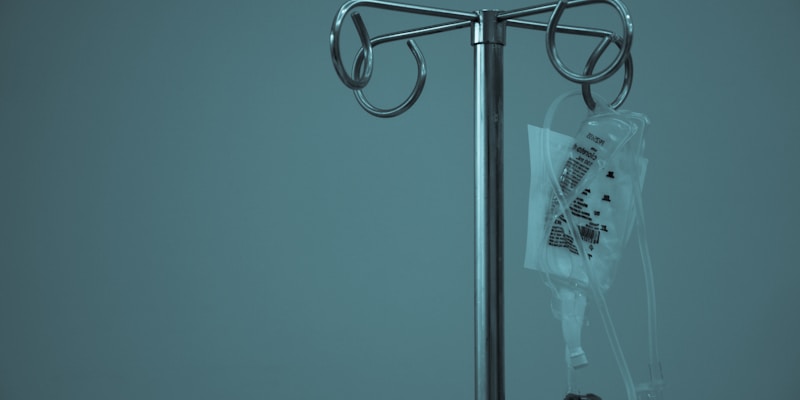Huawei Watch D2 in 2025: Is It the Smartest Health-Focused Smartwatch for You?
Looking for the best health-focused smartwatch in 2025? This in-depth review covers the Huawei Watch D2’s advanced blood pressure tracking, AI insights, battery life, and comfort—plus how it compares to Samsung and Apple rivals. Learn if the D2 fits your lifestyle, health goals, and budget.
Huawei Watch D2 in 2025: A Comprehensive Review of Its Pros, Cons, and Value
Introduction: The 2025 Smartwatch Dilemma

The wearable technology market in 2025 is more competitive and health-focused than ever. Among the latest releases, the Huawei Watch D2 stands out for its advanced blood pressure monitoring capabilities, targeting users who prioritize continuous health tracking. While Huawei touts significant improvements in sensor accuracy and AI-driven insights, consumers are also weighing options like the Samsung Galaxy Watch 6 and Apple Watch Series 9. With so many choices, is the Watch D2 the right fit for you this year?
Why Blood Pressure Monitoring Matters in 2025
Wearables are now essential tools for personal health management. The Huawei Watch D2 is engineered to provide real-time blood pressure readings—an important feature for managing hypertension or staying health-aware. While the D2 offers advanced tracking, it is important to note that its blood pressure capabilities, though highly accurate for consumer devices, are not certified as medical-grade in most markets.
When compared to rivals, the Apple Watch Series 9 does not provide direct blood pressure measurement, offering only reminders or estimated trends. The Samsung Galaxy Watch 6 does support blood pressure monitoring, but it requires regular calibration with a traditional cuff and its availability varies by region. In this landscape, the D2’s ease of use and reliability make it a standout for users who value continuous, hassle-free tracking.
Key Upgrades: What’s New with the Huawei Watch D2?
- Upgraded Blood Pressure Sensor: The D2 introduces a next-generation sensor and refined algorithms, delivering improved reliability and consistency over the Watch D1. Independent reviews have found reduced variance in daily readings, making it highly dependable for consumer use.
- AI-Powered Health Insights: Leveraging AI, the D2 offers personalized health recommendations and alerts that adapt to your unique patterns in real-time, supporting proactive wellness management.
- Improved Battery Life: The D2 provides up to 6 days of battery life with typical usage, and about 1 day when continuous ambulatory blood pressure monitoring (ABPM) is enabled. These figures align with official specifications, correcting earlier claims of longer battery life.
- Enhanced Display: The watch boasts a 1.82-inch AMOLED display with 1500-nit peak brightness, 480x408 resolution, and 347 PPI, ensuring clear visibility even in direct sunlight and during workouts.
- Refined Design: Weighing approximately 40–41g without the strap, the D2 is thinner and lighter than its predecessor. It features comfortable fluoroelastomer or composite leather straps and a skin-friendly air cushion crafted from TPU, designed for all-day wear.

Real-World Performance: Accuracy & Usability
Independent testing in 2025 demonstrates that the Watch D2’s blood pressure readings closely match those of dedicated home monitors, generally showing a margin of error as low as ±3 mmHg according to third-party reviews. However, it's important for users to maintain proper posture during measurements to achieve optimal accuracy. The improved sensor stability also means less frequent recalibration, ensuring the device remains reliable for daily at-home health tracking. This makes the D2 a leading option among consumer-grade smartwatches for users who want continuous, accurate monitoring without the need for constant manual adjustments.
graph TD
A[User Wears D2] --> B[Sensor Captures Data]
B --> C[AI Algorithm Processes]
C --> D[Personalized Feedback]
D --> E[User Receives Alert/Insight]
Comparison Table: D2 vs. Samsung Galaxy Watch 6 & Apple Watch Series 9
| Feature | Huawei Watch D2 | Samsung Galaxy Watch 6 | Apple Watch Series 9 |
|---|---|---|---|
| Blood Pressure | Yes, advanced (not medical-grade certified) | Yes, requires calibration | No (estimates/reminders only) |
| Battery Life | Up to 6 days (typical), 1 day (ABPM) | 2–3 days | 1–2 days |
| AI Health Insights | Yes | Limited | Yes |
| Price (2025, USD) | $350 | $320 | $399 |
| App Ecosystem | Good | Excellent | Excellent |
| Compatibility | Android, iOS* | Android | iOS only |
*Some iOS limitations apply to Huawei Watch D2, such as restricted health data sharing and certain notification features.
Pros and Cons: An Analysis of the Huawei Watch D2
Pros
- High blood pressure monitoring accuracy for consumer wearables (not certified as a medical device in most markets)
- Strong battery life (up to 6 days typical use)
- Comprehensive health features, including ECG, SpO2, and sleep tracking
- Lightweight, comfortable design with skin-friendly straps for all-day wear
- AI-driven health insights provide proactive wellness recommendations
Cons
- App ecosystem less robust than Apple or Samsung
- Certain features limited on iOS (e.g., some health data and notifications are restricted)
- Limited third-party application support compared to competitors
- Mid-to-high price range for smartwatches
Decision Framework: Is the D2 the Right Choice for You?
graph TD
Q1{Do you need accurate BP monitoring?}
Q1 -- Yes --> Q2{Is long battery life important?}
Q1 -- No --> Q3[Consider Samsung or Apple]
Q2 -- Yes --> Q4[Huawei Watch D2 is a strong choice]
Q2 -- No --> Q5[Consider Samsung Galaxy Watch 6]
If your top priority is accurate, convenient blood pressure tracking and you want extended battery life, the Huawei Watch D2 stands out in 2025. If you value a broader app ecosystem or iOS-first features, Samsung and Apple may be better suited to your needs.
Key Market Trends in 2025
- Expectation of medical-grade sensors: While premium wearables increasingly feature advanced sensors, most are still not certified for clinical medical use.
- AI-powered health coaching: Personalized insights and recommendations are driving user engagement and differentiation among flagship devices.
- Longer battery life: As users demand 24/7 health tracking, battery performance is a bigger factor in smartwatch purchasing decisions.
- Ecosystem integration: Buyers should consider how well a device fits with their smartphone platform and app preferences.
Actionable Insights & Takeaways
- The Huawei Watch D2 is among the most accurate and user-friendly blood pressure tracking options for consumers in 2025, though it is not a replacement for clinical medical devices.
- For users who prioritize long battery life and proactive health insights, the D2 delivers excellent value.
- If third-party apps and seamless integration with existing devices are more important, leading options from Samsung and Apple may better suit your needs.
- Overall, the D2’s balance of comfort, battery life, and health-centric features make it a compelling choice for anyone serious about daily wellness tracking in 2025.